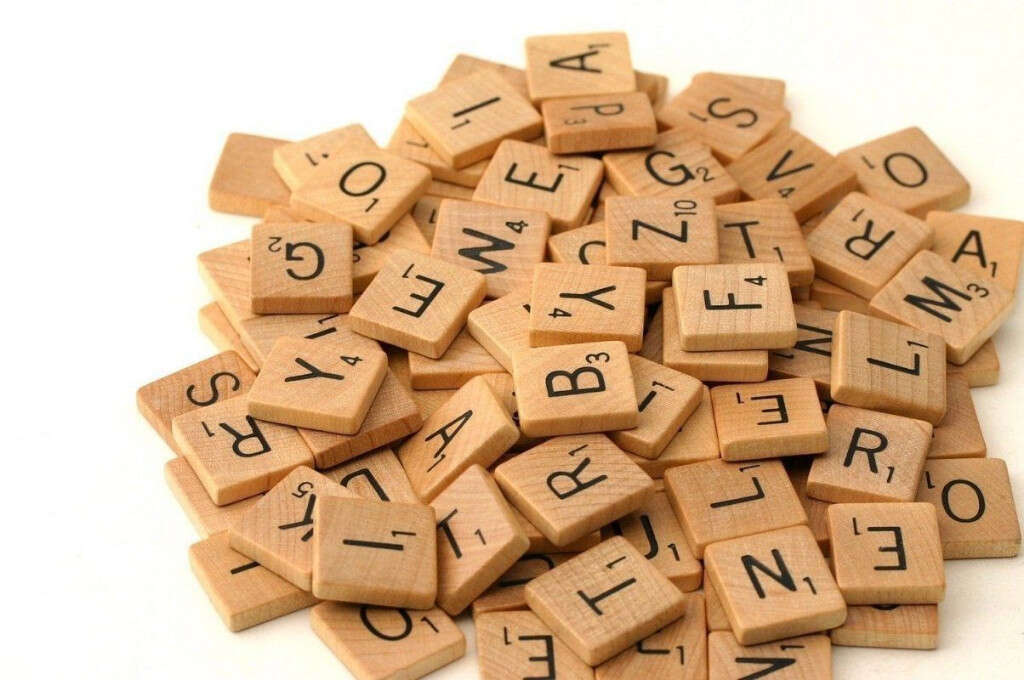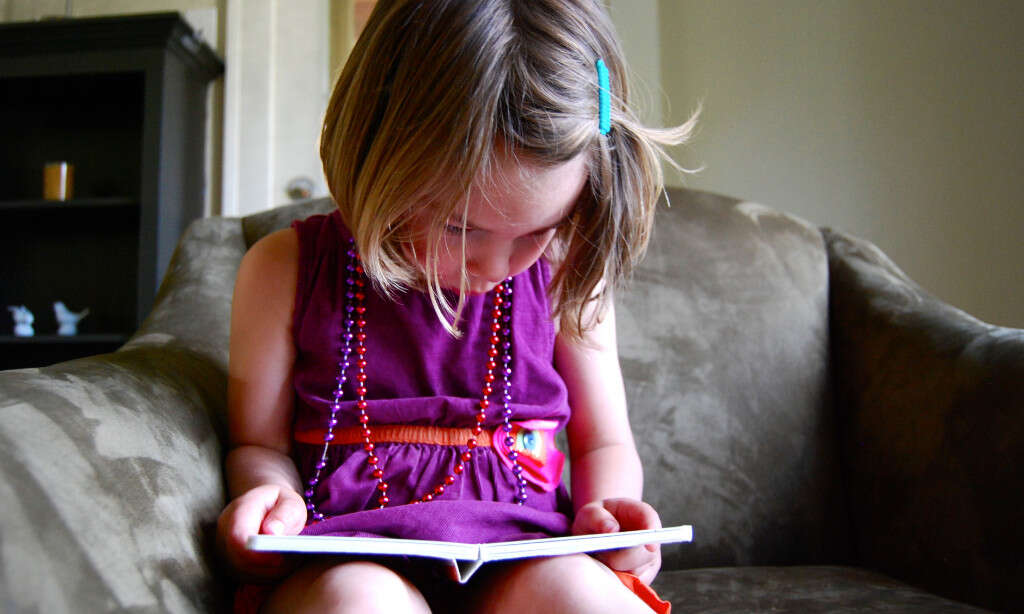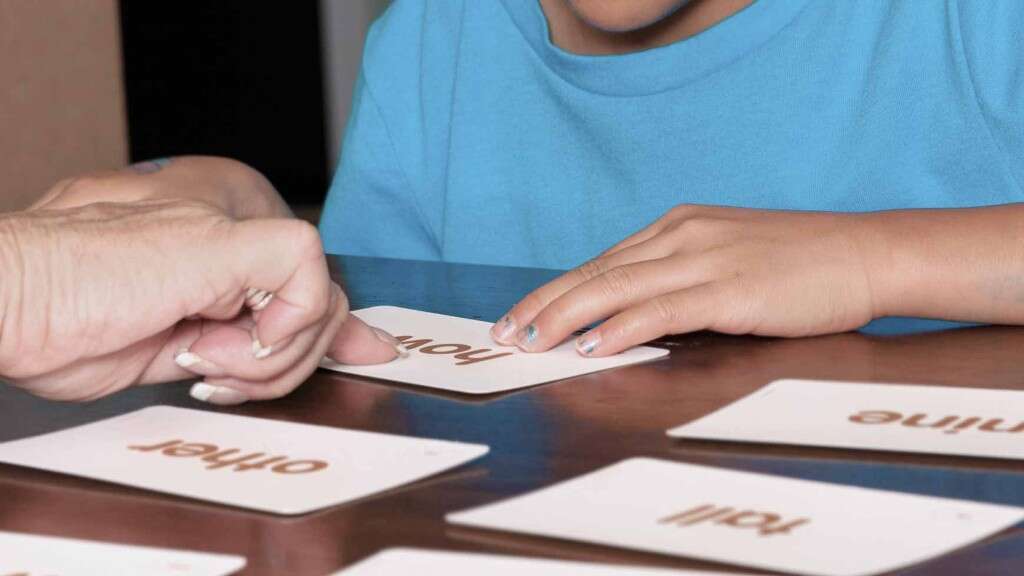10 Symptoms of Dyslexia
Reading and writing is something that comes naturally to most of us once we have learned it. It can take a long time to become fluent, but once we have learned it, it comes as second nature to us. Some of us will even learn multiple languages, perhaps even learning new languages in our adulthood.
For some unfortunate people, though, this is much harder to do. Dyslexia is a learning disorder that causes people to struggle with letters and words. Dyslexia is part of a broader condition known as specific learning disorder (SLD), which includes problems with reading, writing, and mathematics. It is important to clarify, that people with dyslexia usually have a normal IQ.
There is no known cure for dyslexia, although specialist education can help, especially when it is diagnosed at a young age.

Symptom #1: Talking Late
At around 9 months old, we will start learning our first words. We will start putting words together to form basic sentences that help people understand what we want, even if our language is basic. From there, we will go on to develop our language skills and many of us will continue to learn for the rest of our lives.
One of the earliest signs of dyslexia is that a child might start talking later than others. It may not be noticeable at first. After all, children tend to develop at different speeds. When it does become noticeable that a child is behind the others, though, it is advisable to seek advice from professionals.

Symptom #2: Difficulty Forming Words
Speaking even single words is more complex than we tend to think. It requires a great deal of coordination with our mouthparts and voice box and it can take a lot of practice for young children to get it right. They get there eventually, though, and will develop their vocabulary as they go.
Children with dyslexia, however, will have more difficulty forming words than other children. They can get easily confused with which sounds go in which order and they can get confused with words that sound similar. Again, it can be difficult to spot at first, but help should be sought when you do notice that a child is struggling.

Symptom #3: Difficulty with Rhymes
Rhyming sounds are a good tool in helping children to learn languages. The familiar sounds can help them to remember certain words, while nursery rhymes can also make learning more fun for them. It is an important stage in a child’s overall learning but, unfortunately, some might struggle.
Dyslexia can cause young children to struggle with rhyming games. They can struggle to remember what comes next, and have difficulty knowing what rhymes with what. They can also struggle to remember nursery rhymes, even when the other children are able to remember all of them. It is a sign that you should consider seeking expert guidance.

Symptom #4: Difficulty Naming Letters
There are 26 letters in the English alphabet. For most children, it is a fairly simple task to remember these, and which name is given to each letter. For children with dyslexia though, they can have difficulty remembering the names for each letter, even if they are able to recognize it.
The problem does not apply only to letters. It can also apply to other things such as colors or numbers. This makes it harder for them to learn some of the basics of the language, even if they are just as smart as the other kids. Professional guidance can often help in aiding your child to learn.

Symptom #5: Writing Letters Back to Front
The English alphabet consists of some fairly basic shapes. Despite their basic nature, they are still distinct from each other, making it easy for us to tell one from another. Write these shapes down incorrectly, though, and it can become quite difficult for us to understand what is written.
People with dyslexia will sometimes find that they struggle to differentiate between similar looking letters. They can also end up writing down certain letters back to front to form a different letter to what they intended. For example, a “b” might be written as a “d.” It’s not necessarily that they can’t spell, it’s just that the individual letters can be confusing to them.

Symptom #6: Slow Reading
For many of us, reading is one of the best pleasures available. There is nothing quite like getting our head stuck into a good book and the words will flow seamlessly from the pages into our mind. Reading doesn’t come so seamlessly for some people though. For some people, it can be far more laborious.
People with dyslexia will often find that reading takes far longer than it should do. This makes reading more of a chore than a pleasure, and they’d rather do something else instead. This applies to adults as well as children, although spotting it at a young age can be very beneficial.

Symptom #7: Difficulty with Sequences
Our ability for abstract thought is very beneficial to us. It helps us to determine what should come next and what should occur at some point in the future. For example, it can let us know where a prey animal is likely to be in a few moments time, allowing us to anticipate to strike at the right time.
This also has other benefits, such as with mathematics and problem-solving. Children are often taught at a young age to work out what comes next and it is a powerful learning tool overall. Children and adults with dyslexia, though, can struggle to tell what comes next, even in the most basic of sequences.

Symptom #8: Difficulty Understanding What They Hear
While we are generally able to understand what is being said with ease, that is not always the case. Some topics are more complex than others, which might make us struggle. At other times, it might just be that the other person is not speaking clearly, or maybe they’re speaking in an unfamiliar accent.
Dyslexia does not only affect peoples’ ability to understand what is written but sometimes people can also struggle to understand what is being said. They may know the language fluently but they just cannot make sense of what they are hearing.

Symptom #9: Difficulty Finding Words
We generally have quite vast vocabularies. Even people whose vocabularies are relatively small can still remember tens of thousands of words. When we speak, these words will often just pop into our speech without us having to think about them. There might be times when we need to pause and think for a word, but even then, they usually come quite quickly.
People with dyslexia, though, can have more difficulty finding words than most other people. It’s not as though they don’t know the word they need, but for some reason, it will not come to mind. Sometimes, they might need to give up and try something else.

Symptom #10: Difficulty in Organizing
Whenever we have an upcoming event or task, it helps to plan and get things organized. It could be something simple such as making a meal at home, or something complex such as organizing a large event for many people. If you are organized and have everything planned out, things are likely to go smoothly.
Organization skills don’t come easily to everybody, and people with dyslexia can find it particularly difficult. They can struggle to organize even for simple events, and even just arranging to meet friends and family can seem complicated to them. It is something that might hold them back in their professional career.












